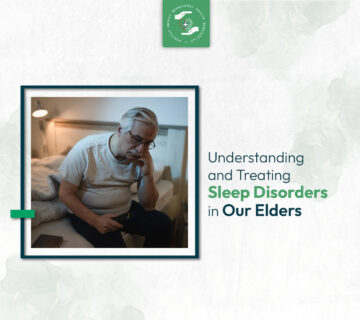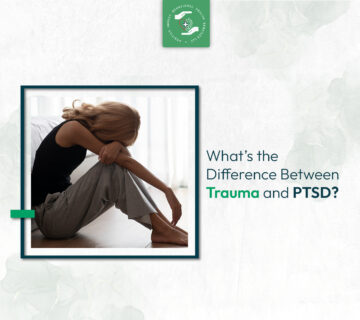In our journey to understand behavioral health, it’s crucial to differentiate between mental illness and mental health. While these terms are often used interchangeably, they denote quite distinct aspects of our psychological wellbeing. In this blog, we’ll dive into the key differences, aiming to unravel these concepts with clarity and simplicity, making them accessible to all.
Defining Mental Health: A State of Wellbeing
Mental health encompasses more than the absence of mental illnesses; it represents a state of well-being where individuals recognize their abilities, can cope with normal stresses of life, work productively, and contribute to their communities. The World Health Organization underscores the importance of mental health for everyone, suggesting that our mental wellness is as crucial as our physical health. Indeed, maintaining a balanced mental state provides a solid foundation for achieving a fulfilling and productive life.
The pursuit of mental health is enhanced through practices like mindfulness, building resilience, and seeking joy in daily activities. It’s also about developing healthy relationships, using coping skills to deal with life’s challenges, and accessing professional help when needed. Our mental state influences how we think, feel, and act, making mental health vital for personal well-being and effective functioning in social settings.
Understanding Mental Illness: Conditions that Affect Mood, Thinking, and Behavior
Mental illness includes a wide array of emotional, cognitive, and behavioral disorders that imply a significant change in someone’s state of being. These conditions cover a spectrum from mild to severe, impacting daily living, relationships, and physical health. Mental illnesses, such as depression and anxiety, can be deeply debilitating, affecting one’s ability to lead a ‘normal’ life.
It’s key to recognize that mental illnesses are often caused by a complex interplay of genetic, biological, environmental, and psychological factors. Understanding that mental illness can affect anyone, regardless of age, gender, or social status, is fundamental. This awareness helps combat the stigma associated with these conditions and encourages compassionate support for those affected.
Similarities and Distinctions: Navigating the Gray Areas
While mental health and mental illness are connected, they are not opposite ends of a spectrum but rather two distinct aspects of behavioral health. One can have poor mental health without a diagnosed mental illness, just as someone with a mental illness can experience periods of physical, emotional, and social well-being.
This introduces the concept that achieving mental health is not simply the absence of mental illness but involves maintaining a balanced lifestyle, effective coping skills, and supportive relationships. It’s about the dynamic process of adjustment and growth, despite the potential presence of a mental health condition.
The Impact of Stigma: Navigating Society’s Misconceptions
Stigma surrounding mental illness remains one of the most significant barriers to people seeking help. Misconceptions and judgments can prevent individuals from addressing their mental health needs, out of fear of being labeled or discriminated against. Combatting this stigma is crucial for fostering a societal environment where seeking mental health support is accepted and encouraged.
By promoting understanding and empathy, we can break down the barriers erected by stigma. Offering support, fostering inclusive communities, and advocating for equal care are steps toward a society that values mental wellness and supports those struggling with mental illnesses.
The Role of Treatment and Support in Behavioral Health
Effective treatment for mental health conditions often requires a holistic approach that includes therapy, medication, and support from healthcare professionals. Engaging in regular consultations with mental health professionals can equip individuals with strategies to manage their conditions and improve their quality of life. Moreover, the support of friends, family, and community plays a vital role in the recovery process, offering encouragement and understanding.
Personalized care is critical when addressing mental illness, as treatment that works for one person may not work for another. Through a comprehensive evaluation, mental health professionals can form a treatment plan that aligns with the individual’s specific needs, preferences, and goals. The aim is to empower individuals, giving them control over their journey to mental wellness.
Prevention and Wellness: Building a Foundation for Mental Health
Preventing mental health conditions and promoting wellness involves a multifaceted approach that includes raising awareness, improving access to care, and integrating mental health into public health initiatives. Educational programs that teach coping and resilience skills from a young age can lay the groundwork for a healthier society.
Wellness is not just about avoiding illness; it’s about thriving. Daily practices such as engaging in physical activity, maintaining social connections, and pursuing hobbies can enhance one’s senior mental health. It’s also about recognizing when to seek help and understanding that doing so is a sign of strength, not weakness.






No comment